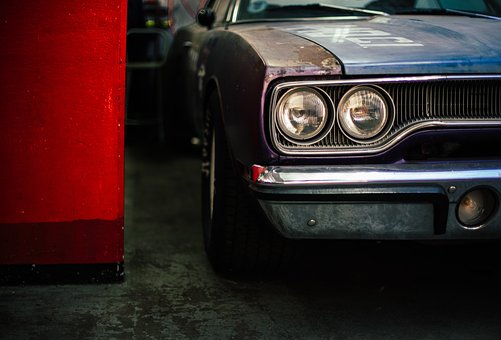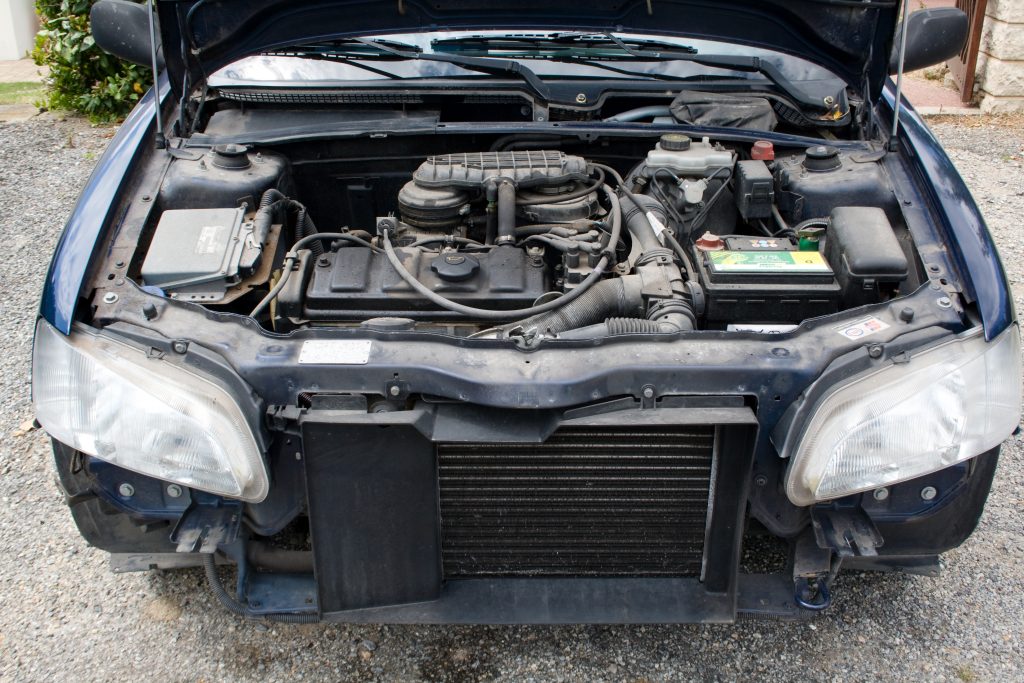My Car Is Overheating! What Could Be Wrong?
Summary
– What is engine overheating?
– Symptoms of engine overheating
– Causes and consequences of engine overheating
– Engine overheating: what solutions?
Engine overheating is a problem that can occur at any time and on any vehicle. A leak in the cooling system or a faulty radiator, an opaque white smoke suddenly crosses the hood! The failure is harmful and can have dramatic consequences on the engine; that’s why it is advisable to have the vehicle checked by a professional at the slightest sign of weakness.
What is the engine overheating?
Typically a combustion engine creates combustion and feeds off the resulting heat to operate. However, a large part of this heat is wasted and needs to be evacuated. Otherwise, the excessive heat mixed with the friction of the engine components causes premature wear and breakage.
To counter this problem, manufacturers have developed a cooling system. A liquid circulating in the engine block encompasses the entire combustion chambers, absorbs heat, and carries it away to the radiator, which uses its fins to expel high temperatures and spit the cooled water back into the engine.
In short: we speak of engine overheating when the circuit no longer works, and the water that surrounds the block begins to boil.
Symptoms of engine overheating
An engine that overheats sends you several signals before complete failure. Be attentive and observant!
– Visual alerts: look at your dashboard; it will soon light up with 1,000 lights. The coolant light will turn amber; then, the engine light will flash. Please take a look at the temperature needle; it will perform a preventive summary dance.
– It will feel different: you may stand on the floor, but your pace will decrease until the vehicle stops. Open the hood; white and opaque smoke will come out.
Good to know: a thud can also be a sign of engine overheating. Stay alert.
Causes and consequences of engine overheating

For an engine to maintain acceptable temperatures, it essentially needs the coolant, water pump and radiator. If the engine overheats after a car trip, one of these elements is necessarily involved.
– A coolant leak: the coolant levels are gradually decreasing. Nothing to be alarmed about until your vehicle runs dry and makes a suspicious noise. When the engine is deprived of its elixir, it will start to cough, pumping what it can. Temperatures become abnormally high until it finally breaks down.
– A damaged cylinder head gasket: same consequence here, the car will eventually stop, and an opaque smoke will escape from the hood. The gasket is no longer tight and causes the coolant to leak. The first sign of failure is a loss of vehicle performance.
– The water pump is giving up: the coolant can no longer circulate freely. The car is at a standstill; the engine is overheating.
– Defective radiator: If the radiator fan no longer works, the water is no longer cooled and starts to boil gently.
Caution: an overheated engine is dangerous. Excessively high temperatures can cause the engine to break prematurely. At the slightest sign of weakness, contact a professional.
Engine overheating: what are the solutions?
Regular maintenance will prevent or reduce the risk of engine overheating.
Every 5 weeks, it is recommended to check the levels, especially of the coolant. This way, in the event of a leak, you will be able to detect it quickly.
Every 5 years, remember to drain the fluids and replace them with new ones. They wear out, and harmful particles can penetrate the passenger compartment.
In case of suspicion of fluid loss, you can add a stop leak before contacting a professional.
The right reflexes in case of engine overheating
If you’re behind the wheel and your car is acting up, keep your cool, don’t panic!
-
- Reduce the vehicle’s speed.
-
- Turn the heater on full to draw heat from the system and spit it out into the passenger compartment.
-
- Stop and make sure it is safe to do so.





4 thoughts on “”